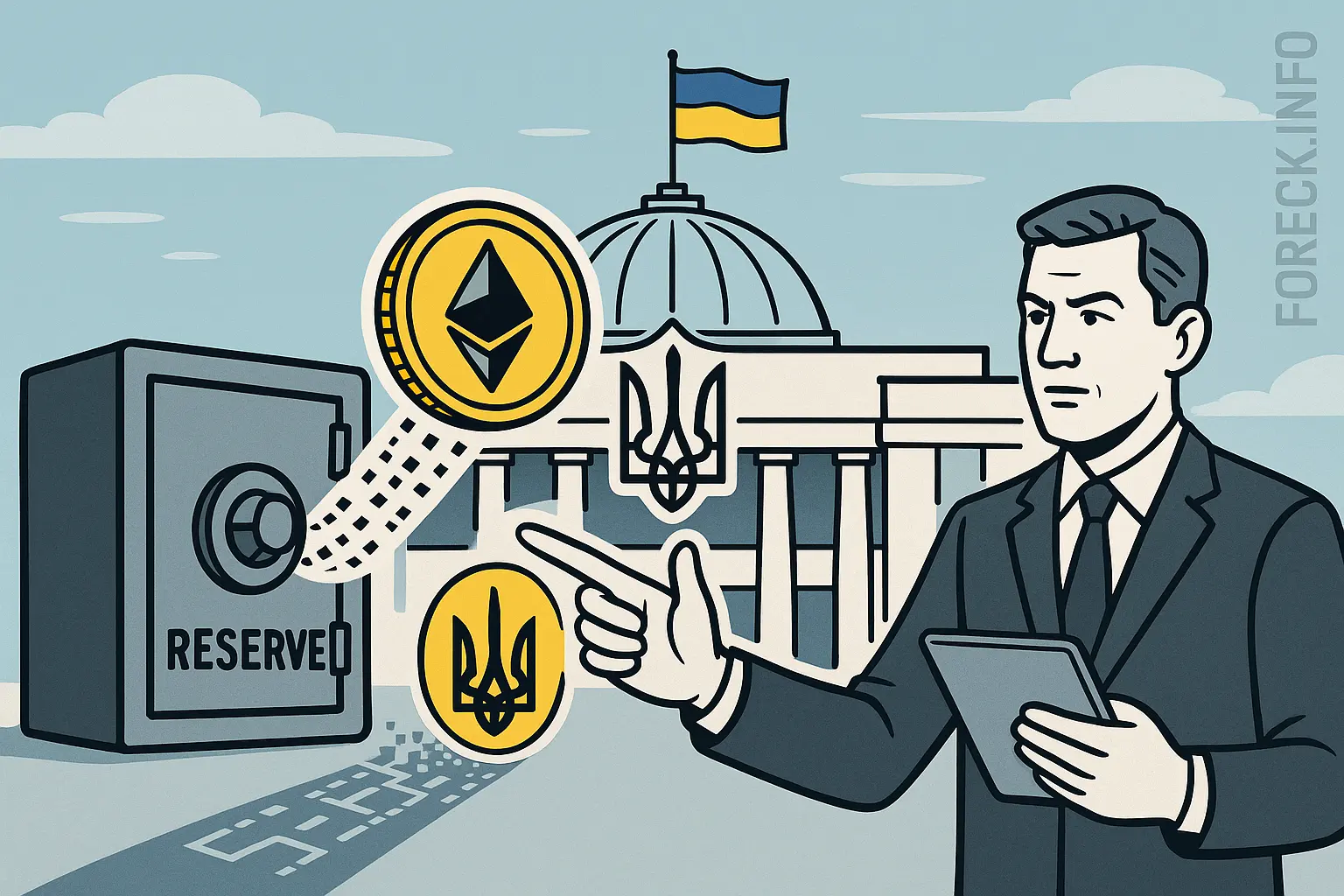Zheleznyak had first announced plans for such a bill back in February 2025 and reiterated in late May that the document was “in the pipeline.” According to him, the proposal may be considered alongside the broader regulatory framework for the country’s digital asset sector.
Earlier, Zheleznyak said that a related crypto bill had been blocked by the President’s Office at the suggestion of the National Securities and Stock Market Commission—an assertion the Commission denies.
The new legislation would grant the NBU the legal ability to invest in virtual assets, with the size and composition of any crypto allocation determined solely by the central bank according to its own risk criteria and discretion.
“We are simply providing the NBU with this opportunity. We’re not mandating a fixed share of reserves—say, 10–15%—be allocated to crypto assets. Nor are we violating any international obligations, especially those to the IMF. The bill is about providing flexibility, not making it mandatory,” Zheleznyak clarified.
In his public commentary, Zheleznyak pointed to international precedents, referencing similar legislative moves in the US, Switzerland, and several European countries, including the Czech Republic.
Notably, in early March 2025, US President Donald Trump signed an executive order directing the creation of a federal bitcoin reserve.

